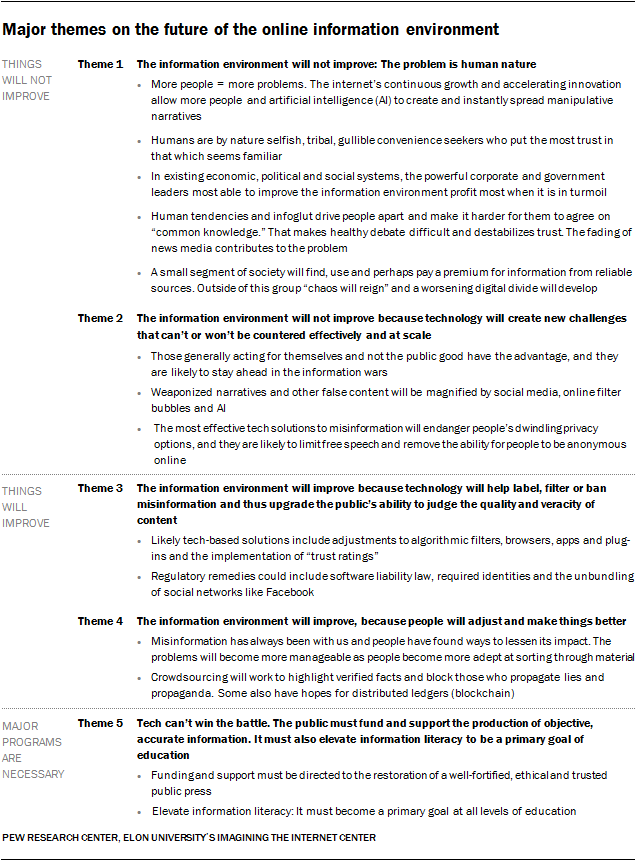By labelling AI-generated content, Google is not just enhancing transparency; it is empowering users to make informed decisions about what they consume online. This initiative is a significant step towards fostering greater digital literacy among users, which is increasingly crucial in today's information-rich environment.
Educating Users About Content Provenance
Google's new feature, which integrates metadata from the Coalition for Content Provenance and Authenticity (C2PA), allows users to utilise the "About this image" function. This feature will enable users to determine whether an image or media was created or edited by AI, providing valuable context about the content they interact with. Research indicates that when users are equipped with tools to verify content provenance, they are more likely to engage critically with the information presented to them. A study by the Stanford History Education Group found that students who were taught to evaluate sources effectively were significantly better at discerning credible information from misinformation.
![]()
Enhancing Critical Thinking Skills
The introduction of AI content labelling can foster increased critical thinking skills among users. As individuals learn to assess the authenticity of digital media, they become more discerning consumers of information. A report by the Pew Research Centre found that 64% of Americans believe that it is essential for people to be able to distinguish between real and fake news. By providing clear labels and context for AI-generated content, Google is facilitating an environment where users can develop these critical skills, ultimately leading to a more informed public.
Infact a lot of creators have now started using tools like AI Image Upscaler to upgrade and enhance their images

Influencing Future Developments in Digital Literacy Education
This initiative could also have a lasting impact on digital literacy education. As AI technologies continue to evolve and permeate various aspects of life, educational institutions may need to adapt their curricula to include lessons on navigating AI-generated content. A survey conducted by Common Sense Media revealed that 80% of educators believe that teaching students about digital literacy is essential for their success in the 21st century. Google's efforts in labelling AI-generated content can serve as a foundation for educational programs aimed at equipping future generations with the skills necessary to navigate an increasingly complex digital landscape.
Read more: Australia to Ban Social Media for Underage Users: Should India Also Implement This Rule?

India's Approach to AI-Generated Misinformation
In India, the rise of AI-generated misinformation has prompted significant responses, particularly during critical events like elections. The recent 2024 general election highlighted these challenges, leading to initiatives such as the Deepfakes Analysis Unit (DAU) under the Misinformation Combat Alliance. This unit allowed the public to verify suspicious content through a WhatsApp channel, underscoring the dangers posed by AI in politically charged environments.Google's move to label AI-generated content aligns with similar efforts in India, where tech companies are being urged to implement robust labelling systems for transparency.
Read more: Social Media Influencers: India's Modern-Day Election Campaigners
For instance, Meta has faced criticism for its inconsistent labelling practices regarding AI-modified content on platforms like Instagram and Facebook, especially as it relates to user-generated posts that may not accurately reflect their origins. As India continues to grapple with misinformation amplified by AI technologies, Google's initiative could serve as a model for enhancing transparency and trust among users.

Conclusion
In conclusion, Google's initiative to label AI-generated content represents a pivotal moment in the fight against misinformation and the promotion of digital literacy. By providing users with the tools and knowledge needed to assess the authenticity of online content, Google is not only enhancing transparency but also empowering individuals to become more critical consumers of information. As this initiative unfolds, it has the potential to reshape how we understand and interact with digital media, ultimately fostering a more informed and discerning society—both globally and within specific contexts like India, where misinformation poses unique challenges.
Inputs by Agencies
Image Source: Multiple Agencies
Ⓒ Copyright 2024. All Rights Reserved Powered by Vygr Media.





















